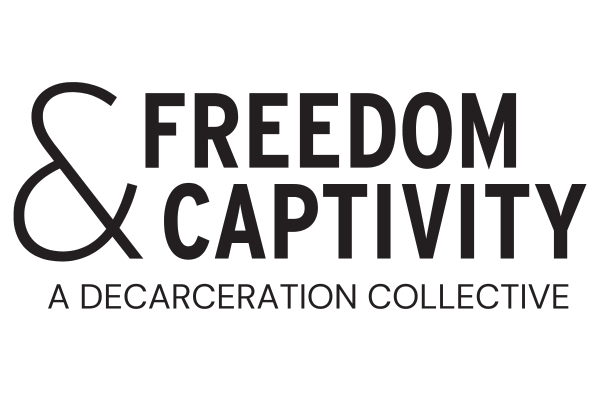A Restorative Pathway to Decarceration and Abolition
“A Restorative Pathway to Decarceration and Abolition” featured in the inaugural issue of the The Justice Collaboratory Notebook from Yale Law School.
“Abolition” means different things to different people. To us, abolition is a process of working towards a society that prioritizes the healing of trauma, creating strong community bonds, investing in services and resources people need to live a healthy and dignified life, confronting and dismantling systems of oppression, and responding to harm with practices and processes of accountability and justice. Abolition means putting in place the support structures and harm remediation systems that would make prisons and jails obsolete while making society safer and healthier. In short, abolition is a pathway to decarceration that works toward closing prisons and jails. It is based on building an entirely new society that invests in safety and security for everyone. [Read on]
Catherine Besteman and Leo Hylton. “A Restorative Pathway to Decarceration and Abolition.” The Notebook, Justice Collaboratory, Yale Law School, 2024.
